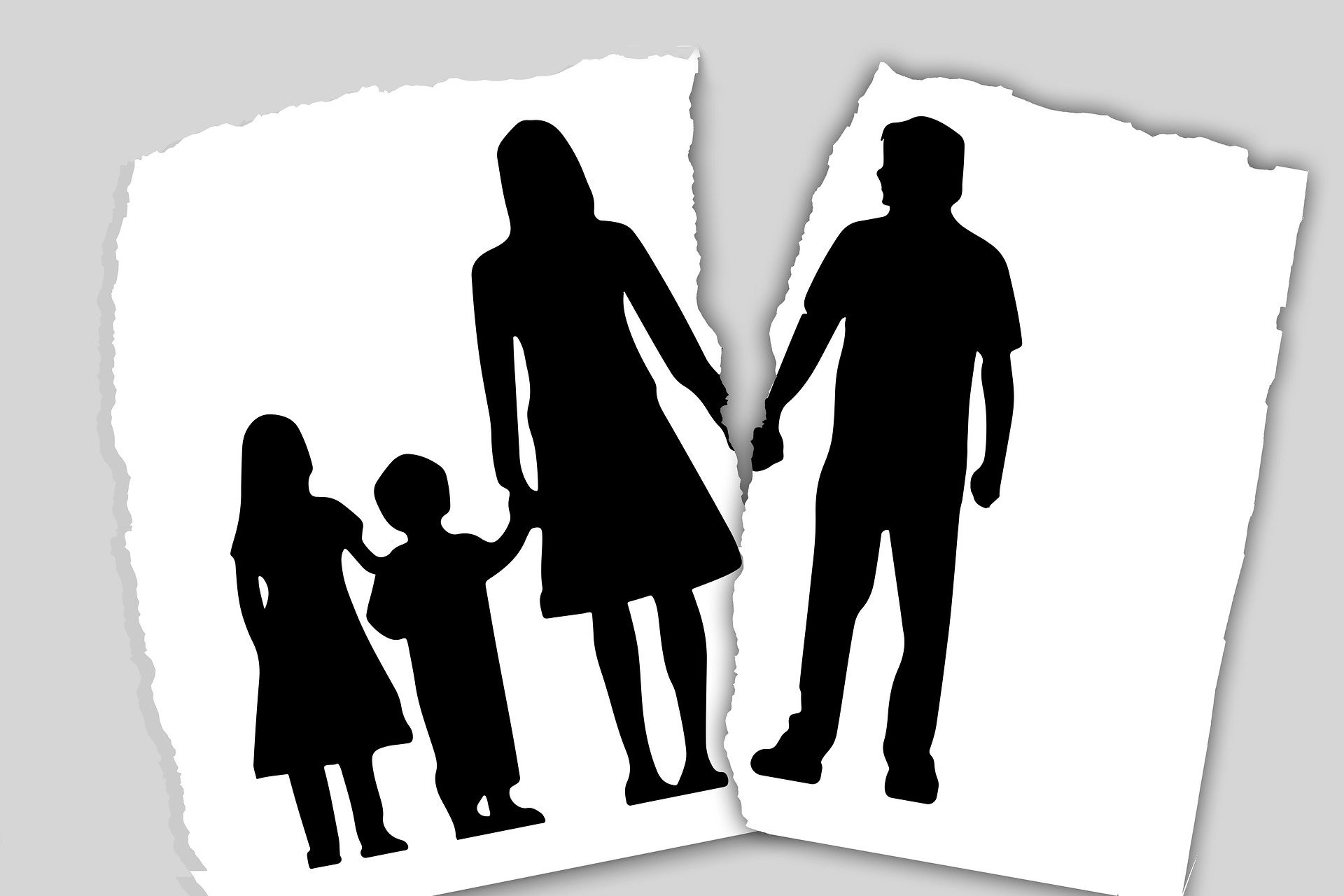The practice of parenting currently proves to be very challenging. The process of assisting children and maintaining their autonomy remains a challenging task. Right? Dr. Kenneth Ginsburg introduced Lighthouse Parenting.
This approach helps guide your child as they find their own way. You stand firm while also shining a light on their path. This guide has all you need to be a better parent and raise strong kids.
What is lighthouse parenting?
Under lighthouse parenting, you become the dependable guiding light that helps your child grow. You should serve as a guiding beacon when storms hit. Guide others without taking control. Ensure safety while allowing growth. Dr. Kenneth Ginsburg, a child health expert, introduced the term lighthouse parenting. He believes parents should help but also let their children face challenges on their own.
Lighthouse parenting includes three essential features, which consist of persistent supervision over children, maintaining emotional balance, and actively helping kids develop independence. Underparents develop an improved aptitude for decision-making among their children. The training enables children to cope effectively with current challenging situations.
Sustaining safety alongside a child’s independence requires great care. I kept a close watch when I allowed my child to bicycle to his friend’s house by himself for the first time. Taking small risks for his independence helped me accept his nervousness, even if it scared me. Guiding children requires knowledge and skill.
This helps them grow while giving them the freedom they need. But mastering this can be challenging.
The Core Philosophy Behind Lighthouse Parenting
Lighthouse parenting finds a middle ground. Helicopter parenting worries about every little thing. Free-range parenting pushes kids to be fully independent. But lighthouse parenting combines care with guidance. It is not about protection from failure but how to maneuver it. This can be said to be like equipping the child with a life map and allowing them to chart their course. The psychological benefits are huge.
Children raised in this style are more self-reliant and comfortable with their emotions. They know support is there, but they are responsible for their own choices. I once heard a mother say her teenager lost his wallet while traveling alone, but he didn’t lose his pride. He had the courage to call his mother for help but took responsibility for solving the issue. That’s lighthouse parenting—supporting them while letting them take the lead.
How to Use Lighthouse Parenting in Your Daily Life
Talk with your kids, not to them. I’ve learned that asking questions like, “What do you think you should do?” helps them think deeply. Even if they make a mistake, it’s a chance to learn. Make clear rules that can change if needed. For example, my rule about screen time isn’t “no phones after 8 PM.” Instead, it’s “Let’s put the phone down so we can relax and get some sleep.” This reasoning makes it more likely they will follow the rule.
You have to let them take risks even if it makes you uncomfortable. If they want to try out for the school play or build a treehouse, it is your job to encourage them while keeping them safe.
Advantages of Lighthouse Parenting
One great thing about lighthouse parenting is guiding kids to be emotionally smart and independent. My daughter once said to me, “I know I can figure things out because you’ve taught me how to.” That shows how important it is to encourage decision-making skills. Strong parent-child relationships are another plus.
Because you’re not the “boss” or “bystander,” but a partner in their growth, trust flourishes. And as they grow, they’ll carry this sense of security into their own relationships.
Challenges of Lighthouse Parenting and How to Overcome Them
It is indeed challenging to balance control and freedom. But I never doubted myself when I let my teenager drive for the first time, for example. I have been able to keep telling myself: trust grows slowly, step by step. Dealing with parental anxiety is real. I found journaling helps process my fears in not projecting them onto my kids’ realities.
For the final challenge, consistency is key. A co-parent or trusted friend can help keep you on track. Their support can make a big difference.
Tips for Practicing Lighthouse Parenting
Allow them to fail without serious consequences. My son once burned a grilled cheese when I let him cook by himself, but now he is very good in the kitchen.
Rather than providing the answers, help them come up with solutions. This helps them think for themselves and take responsibility for their decisions. Celebrate successes, but also talk about failures. A nightly discussion asking, “What did we learn today?” is very effective in our home.
Real-life success stories of Lighthouse Parenting
I once met a family who believed in this approach. Their daughter, who used to be shy and nervous in middle school, became a confident leader in college. The parents said that letting her have freedom, along with clear rules, helped her succeed. They said they made mistakes at first but felt the results were worth it.
Conclusion
Parenting is a journey, not a destination. Lighthouse parenting helps you support your kids without controlling them. Stay strong and shine your light. This way, you help others grow into resilient, independent, and confident individuals.
Do you want to be the guiding light your child needs? Begin using these tips today and see how your parenting journey changes.







